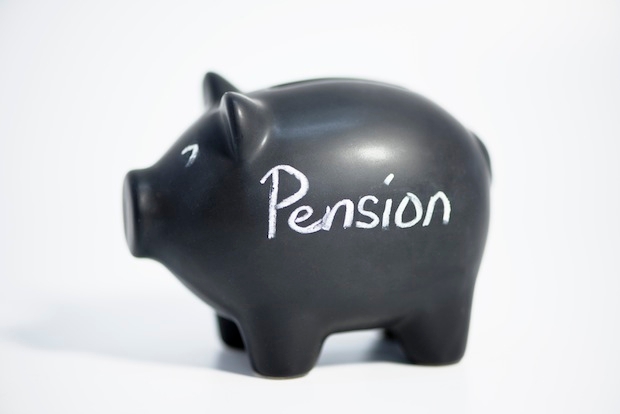There’s an episode of the TV political drama The West Wing which focuses on the raising of the retirement age. After much to-ing and fro-ing it’s decided that the subject is too toxic to tackle and so it is dropped from the President’s agenda.
If only art mirrored life. A new report suggests that the UK state pension age should rise to 68 by 2039 instead of the previously planned 2046. John Cridland, former director-general of the Confederation of British Industry and the author of the government-commissioned study, also rules out ‘early access’ to the state pension.
The state pension age is already due to rise to 67 for both men and women by 2028. The new proposals mean that millions of people in their late 30s and early 40s look set to work even longer than originally anticipated – and there’s a likelihood that those in their 30s and younger may not receive the state pension until they turn 70. In fact, a separate report from the Government Actuary’s Department has alluded to a possible state pension age of 70 for anyone currently aged 30 or under.
I’m in my early 40s. I’ve been working since the age of 16 and the prospect of soldiering on until my late 60s fills me with dread. I know life expectancy is increasing but I don’t want to be so knackered by the time I reach retirement that I’ll have no energy to savour it.
Research from NOW: Pensions shows I’m not alone. The pension provider found that 69 per cent of people want to finish work when they’re still healthy enough to enjoy themselves, and nearly half of UK adults who have not yet retired want to retire by the time they are 61. Some 18 per cent don’t think they will physically be able to work beyond this age.
Cridland is also proposing ending the state pension ‘triple lock’ by 2020. Under the current rules, this means that pension payments rise in line with whichever is the highest of average wages, inflation, or 2.5 per cent. Cridland wants to link annual rises in state pension payments to increases in the earnings of people still in work. While this has long been on the cards, it will still come as a blow to many pensioners.
Meanwhile, former pensions minister, Baroness Ros Altmann, has this to say: ‘The current system only helps those who are healthy and wealthy enough to work longer. If someone can work beyond state pension age, they can get a much larger pension but there is no help for people to get their state pension earlier if, for example, they started work exceptionally young, perhaps in tough industrial jobs, and genuinely cannot keep going till nearly 70. Cridland recommends some means-tested help just one year before state pension age but I think moving away from just one ever-increasing age, would be more socially equitable. A band of starting ages, such as between 65 and 69 with adjusted payments would be fairer.’
I agree with Altmann but I have little confidence that the government will implement her suggestions. Unlike the fictional characters in The West Wing, ministers clearly are prepared to tackle the pensions system but a tapered retirement age may be a step too far.
Helen Nugent is Online Money Editor of The Spectator






Comments